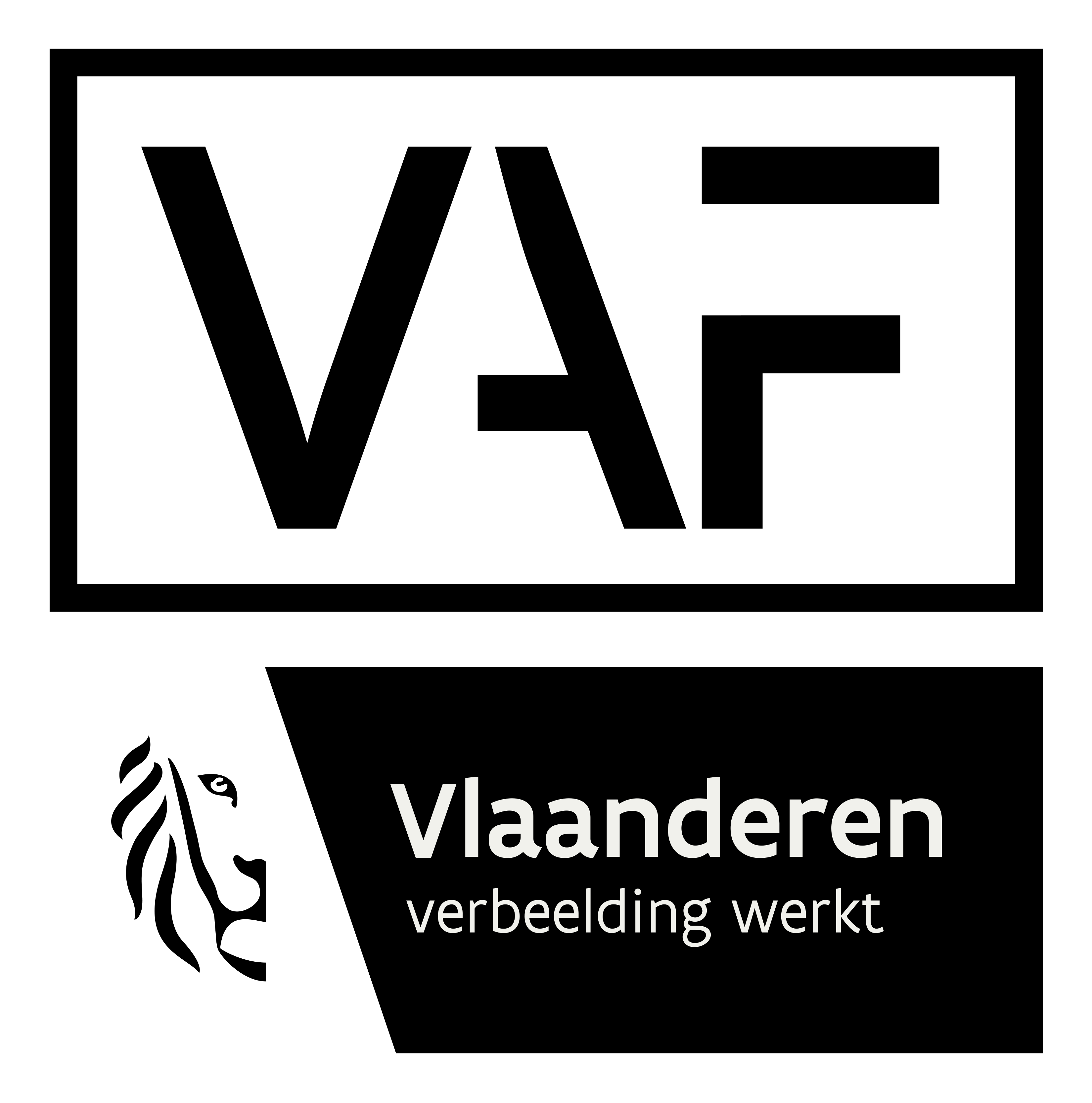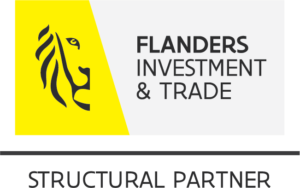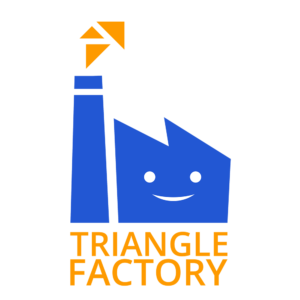
FLEGA: For those that aren’t familiar with your company: what does PreviewLabs do?
BF: PreviewLabs is a company specialised in rapid prototyping using game development technology. This means we develop prototypes for games (both entertainment games and serious games), as well as for other applications of game development technology, such as simulations and scientific research. Through prototyping, we allow people to see their concept for the first time. This helps them make decisions, such as whether the concept has sufficient potential to be pursued, or whether certain changes would be needed in order to get to optimal results. We advise them in this process.
You recently started PreviewLabs Inc. in the United States. What was the main reason behind this expansion?
As roughly 55% of our revenue in the first 6 years of PreviewLabs came from the United States, it made a lot of sense to expand in this direction. Especially since the other 45% is represented by a range of other countries. So the US is by far the biggest country when it comes to our clients.
Aren’t you afraid this sister company will cannibalise on the activity of the Belgian office?
On the contrary. The goal for PreviewLabs Inc. is to be the sales office of PreviewLabs in Belgium. This means development will continue to be carried out in Belgium, and that it is our goal to expand the activities in Belgium by bringing in more work from the United States. Further down the road, development may happen in the United States as well, depending on the projects. For instance, for some research projects, the funding requires employment to be created within the United States. Until now we were not able to be involved in projects with these funding sources.
The goal for PreviewLabs Inc. is to be the sales office of PreviewLabs in Belgium. It’s our goal to expand development activities in Belgium by bringing in more work from the United States.
Was branching out to the United States always part of the plan, or was that an idea that grew organically?
Well, it was actually part of the initial business plan I wrote for PreviewLabs in late 2009. Initially, I imagined setting up an office in San Francisco. However, the cost of living in San Francisco is very high, and so is the competition when it comes to hiring people and keeping them on the team.
Was that the only reason you decided to locate the new office in New Haven, Connecticut?
The East Coast actually makes much more sense, given the time zone difference. If needed I can start my day a bit earlier, so when I start working my Belgian colleagues will have just finished their lunch break. At the same time, the time difference with the West Coast is only three hours, so that’s making things easier. Before I often had to make Skype calls late in the evening. On top of that, the flight between Belgium and New York City doesn’t take overly long.
Are you going to manage the two offices by yourself?
Initially, I will be the only person here in the US, and I will indeed remain responsible for the operations of PreviewLabs in Belgium as well. However, this also means that my colleagues in Belgium now have more responsibilities as well.
When will the American office be fully operational?
The US branch has already been incorporated, though we’re still rounding up the last paperwork, setting up a bank account, stuff like that. We’ve been assisted by Belcham, an organisation which helps Belgian companies establish a presence in the United States. They have their own co-working space in Manhattan and connected us to a law firm which is handling the incorporation. The process of incorporation only takes a few weeks. After that, there is a process to obtain a work visa, which is required if someone is to move to the United States and work from there.
It’s not all done at once. I’m making multiple trips to set everything up. For instance, on my previous trip I had to find an office location. This is required in order to be able to register the company’s office address. I visited multiple offices which allow a flexible solution. The amount of seats can be increased depending on the needs. This also means we can start out relatively inexpensively and scale as needed.
What do you think will be the single most challenging thing about running a studio abroad?
While the communication with clients in the United States will become easier, it may take some effort to make sure the communication with the team in Belgium remains at the same level. This could be seen as a challenge. However, PreviewLabs is not the first company with a second office. I’m already talking to other companies who made similar steps in order to be prepared to tackle any of the challenges related to the new two office setup.
For PreviewLabs, looking at our client base, it just makes a lot of sense to be represented in the United States. This gives us the opportunity to be closer to the clients here. Given the amount of work we’ve done for clients in the US until now, this may not seem like an issue, but I’m convinced that we’ll be able to do much more now that we’ve established a physical US presence.
For PreviewLabs, looking at our client base, it just makes a lot of sense to be represented in the United States. I’m convinced we’ll be able to do much more now that we’ve established a physical US presence.
Do you have any advice for people that want to follow suit?
It might be a bit early as I’m currently still in the process of setting everything up, but I’ll be very glad to talk to people who have questions as well as introduce them to people who can help them further.
In 6 years you built up PreviewLabs from a two man living room studio to a unique prototyping company with offices around the globe. That must be a satisfying feeling.
Well, two offices. And yes, it is satisfying, but in the end it’s all about the work we do and the results our clients obtain by working with us. It’s a combination of hard work and strategy. Rome was not built in a day. It’s all been a step by step process. Each time identifying a next point to improve on, coming up with a plan, and executing the plan. And sometimes executing a plan takes hard work and persistence.








